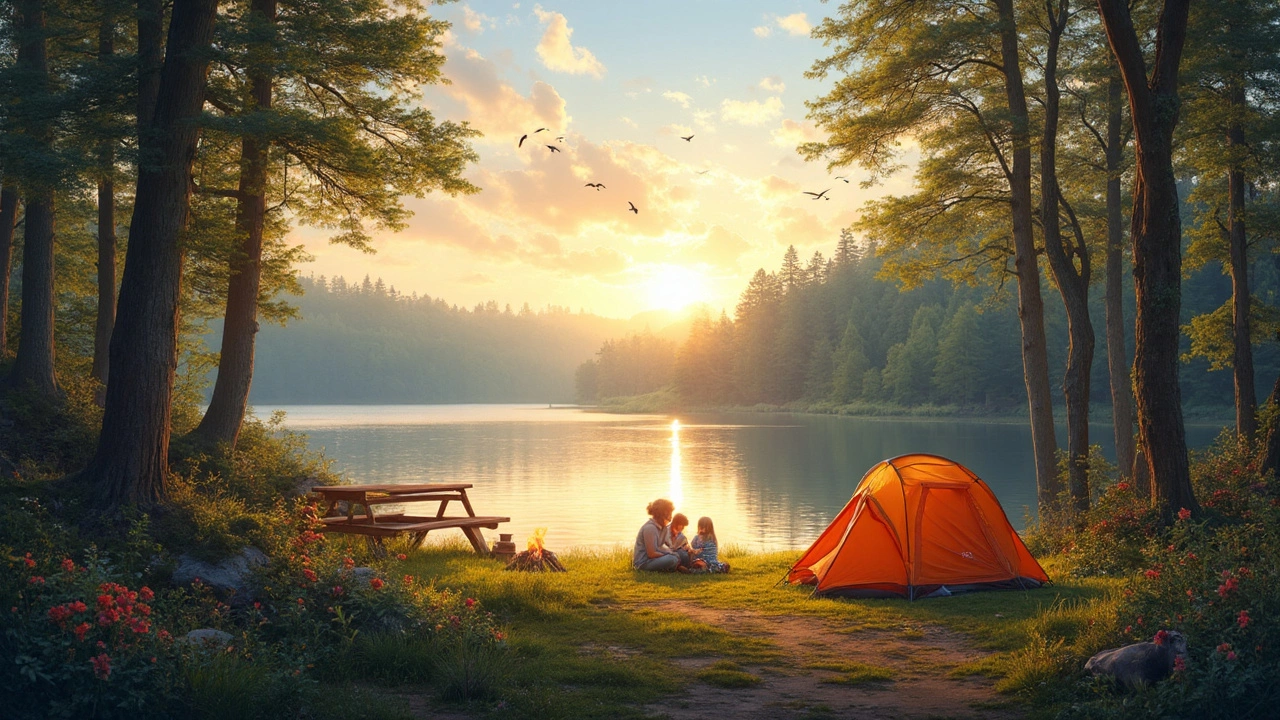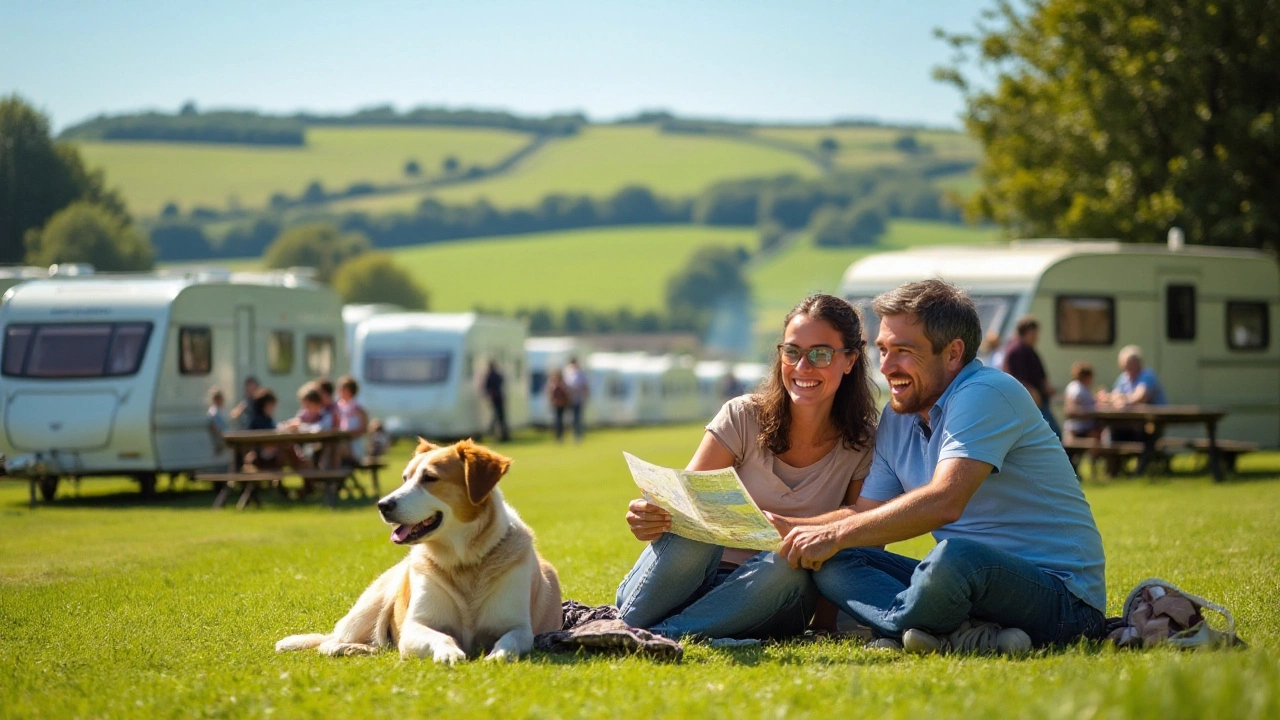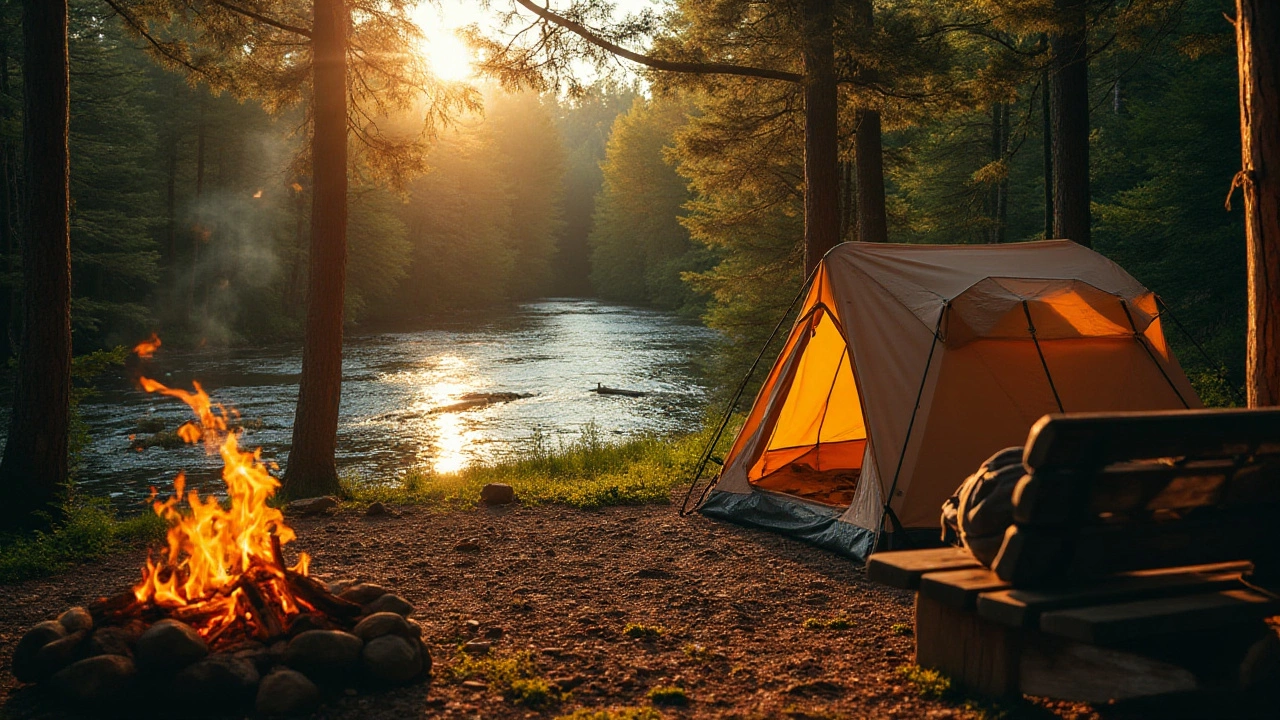Camping Costs: What You Need to Know Before You Go
If you love the open road, the first thing on your mind is probably how much it will set you back. Camping isn’t a single price – it’s a mix of site fees, fuel, food, and the gear you use. Below we break down the biggest cost drivers and give you easy ways to keep the bill low.
What Affects Your Camping Budget
Site fees are the most obvious number you’ll see. A basic pitch at a council campsite in the UK can be as cheap as £5‑£10 per night, while a fancy glamping spot with power and hot showers can climb to £40‑£60. In the US, many state parks charge $20‑$30 per night, but public lands often let you stay for free if you’re okay with rougher conditions.
Fuel is the next big chunk. A motorhome that gets 8‑10 mpg will burn about £1.30‑£1.60 per mile on petrol. If you plan a 500‑mile trip, expect around £650‑£800 for fuel alone. Diesel runs a bit cheaper per litre but the engine is usually larger, so the cost stays similar.
Boondocking – parking overnight on a free site – can cut site fees to zero, but you’ll need a way to power lights, a fridge, and maybe a heater. A good 100‑amp solar panel system will cost £500‑£800 up‑front but saves you a few pounds every night you use it.
Rental costs matter if you don’t own a motorhome. In the UK, a midsize motorhome rents for about £80‑£120 per day in peak season, dropping to £50‑£70 off‑season. In the US, a campervan can be $70‑$150 per night depending on location. Look for week‑long deals; many companies shave off 10‑15% for longer bookings.
Ways to Cut the Price
Book early and stay mid‑week. Campsites often have lower rates on Tuesdays and Wednesdays, and early‑bird discounts can shave £5‑£10 off a night.
Use free wild‑camping spots where it’s legal. Scotland lets you pitch almost anywhere thanks to the “right to roam” law. In England and Wales, look for discreet spots on farmland or near forest tracks – just follow the local rules and leave no trace.Swap a night at a pricey resort for a stay at a nearby public park. You’ll still be close to the attractions, but you’ll save a lot on the nightly fee.
Cook your own meals. A simple stove and a cooler can keep food costs under £5 a day, versus £15‑£20 at a campsite café.
Consider a shorter motorhome or a trailer. Smaller vehicles use less fuel and often have lower hiring fees.
Finally, track your expenses in a notebook or an app. When you see where the money goes, you can tweak habits for the next trip.
Camping doesn’t have to break the bank. By knowing the main cost drivers – site fees, fuel, rentals, and power – and using the tips above, you can plan a trip that fits your wallet and still gives you the freedom of the road. Ready to hit the road? Grab your map, check the prices, and start counting down the days to your next adventure.
-
 VIEW POST
VIEW POSTHow Much Does It Cost to Camp at Bass Lake?
Feb, 20 2025|0 CommentsDiscover the costs associated with camping at Bass Lake, a popular destination for outdoor enthusiasts. This article breaks down the various fees, from campsite rentals to additional expenses like equipment and activities. Learn interesting tips for budget-friendly camping and explore what Bass Lake has to offer. Perfect for those planning a getaway on a budget. -
 VIEW POST
VIEW POSTCost of Caravan Park Stays: Nightly Rates Explained
Jan, 13 2025|0 CommentsCaravan parks offer a unique and flexible accommodation choice for travelers across Australia and beyond. The price per night for a caravan pitch can vary widely depending on location, amenities, season, and other factors. Knowing what to expect when budgeting your trip is crucial. This article dives into the various elements that influence the cost of a caravan pitch per night and suggests tips for saving money on your next adventure. -
 VIEW POST
VIEW POSTAffordable Camping: Michigan State Forest Campground Costs Unveiled
Nov, 28 2024|0 CommentsCamping in Michigan's state forest campgrounds offers a budget-friendly way to experience nature. With countless sites to choose from, each providing a unique slice of the state's natural beauty, campers can enjoy diverse landscapes. This article breaks down the costs associated with these campgrounds, including permit fees and other potential expenses. It also provides tips for making the most out of your camping adventure while sticking to your budget.